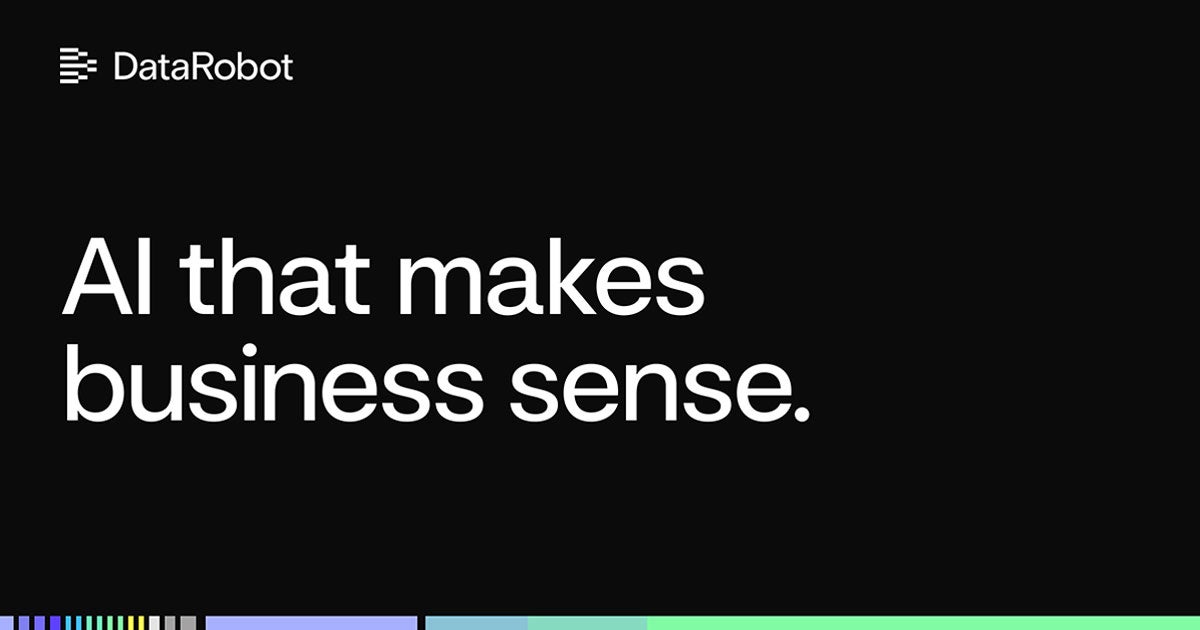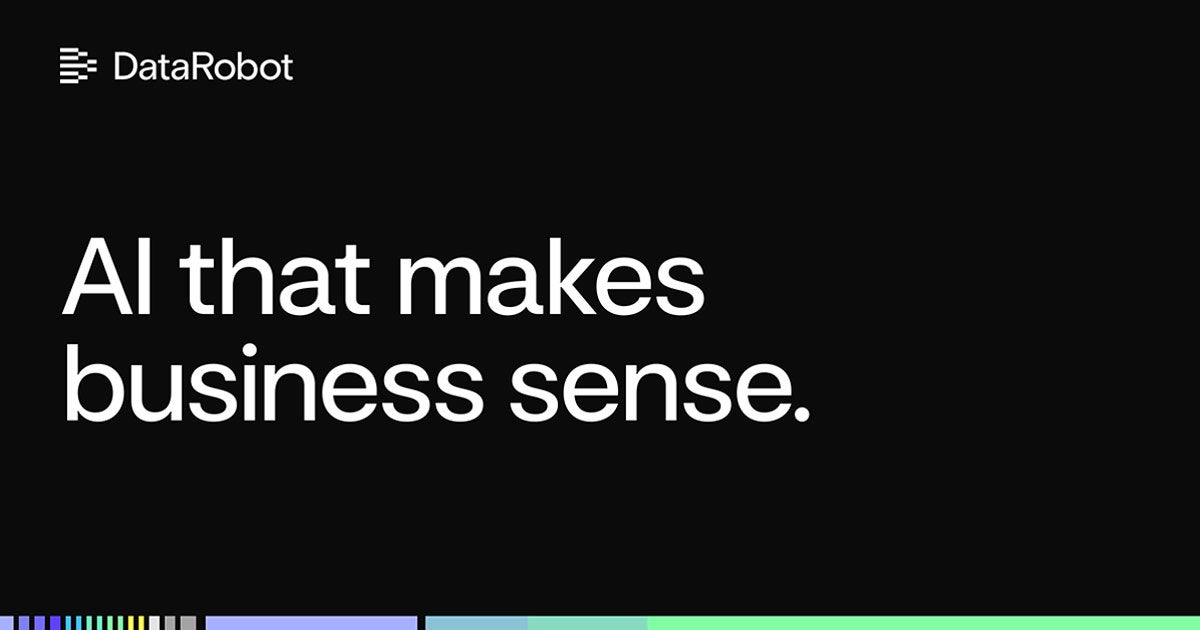## Level Up Your Business: Agentic AI is Your Secret Weapon
Forget about clunky scripts and rigid automation. AI is evolving, and it’s learning to play the game like a pro. We’re talking about agentic AI, the game-changing technology that’s empowering IT leaders to automate complex business workflows with unprecedented intelligence and adaptability.

Think of it like this: you’re building a killer strategy for your company, but you need a tireless, intelligent assistant to execute it flawlessly. Agentic AI is that assistant, capable of learning from experience, making decisions, and even adapting to unexpected challenges.

Emerging Solutions: Agentspace, AgentOps, and the AI Management Landscape

With AI agents poised to take over significant portions of enterprise workflows, IT leaders will be faced with an increasingly complex challenge: managing them. “There is a pending concern about how to manage AI agents in the cloud,” says Dave McCarthy, research vice president at IDC, noting that the expanding availability of AI agents from startups and established vendors will give CIOs asset management, security, and versioning challenges. Analysts say the big three hyperscalers and cloud management vendors are aware of the gap and are working on it. McCarthy, for example, points to the announcement of Google Agentspace in December to meet some of the multifaceted management need. A flurry of innovators, including AgentOps and OneReach.ai, as well as Fiddler, Arize, Pezzo, Helicone, and AimStack, have jumped in to serve the AI agent management needs of enterprise customers today.

Overcoming the Hurdles: Addressing Key Concerns
Data Privacy and Security: Safeguarding Sensitive Information
One of the primary concerns surrounding AI agents is the potential for data breaches and misuse of sensitive information. AI agents often require access to vast amounts of data to function effectively, making it crucial to implement robust security measures to protect this data from unauthorized access and malicious attacks.
Organizations must adopt a comprehensive approach to data security, including encryption, access controls, and regular audits. They should also carefully vet AI agent providers to ensure they have strong security protocols in place. It’s also important to consider the legal and regulatory implications of data privacy, such as GDPR and CCPA, when deploying AI agents.
Vendor Lock-In: Navigating the Multi-Cloud Landscape
Many organizations are adopting a multi-cloud strategy to avoid vendor lock-in and ensure flexibility. However, the rise of proprietary AI agents can create challenges for multi-cloud deployments.
IT leaders need to carefully evaluate AI agent offerings from different vendors to ensure interoperability and portability. They should prioritize solutions that adhere to open standards and allow for seamless integration with multiple cloud platforms. This will enable organizations to avoid being locked into a single vendor ecosystem and maintain control over their AI investments.
Cost Optimization: Balancing Innovation with Budget Constraints
Deploying and managing AI agents can be expensive, especially for organizations with limited resources.
IT leaders need to carefully assess the cost-benefit analysis of adopting AI agents. They should prioritize use cases that offer a significant return on investment and explore cost-effective deployment models, such as cloud-based subscriptions or shared infrastructure.
Real-World Use Cases: AI Agents in Action
Streamlining Customer Service: AI-Powered Chatbots and Virtual Assistants
AI agents are transforming customer service by providing 24/7 support, answering frequently asked questions, and resolving simple issues. AI-powered chatbots and virtual assistants can handle a high volume of customer inquiries, freeing up human agents to focus on more complex issues.
This not only improves customer satisfaction but also reduces operational costs for businesses. For example, a retail company can deploy an AI-powered chatbot on its website to assist customers with product information, order tracking, and returns, providing immediate support and reducing wait times.
Boosting Supply Chain Efficiency: Predictive Analytics and Inventory Management
AI agents can analyze supply chain data to identify trends, predict demand, and optimize inventory levels. By leveraging predictive analytics, businesses can reduce stockouts, minimize waste, and improve overall supply chain efficiency.
For instance, a manufacturing company can use AI agents to forecast demand for its products based on historical sales data, seasonality, and external factors. This allows them to adjust production schedules, optimize inventory levels, and ensure timely delivery of goods to customers.
Automating IT Operations: Relieving IT Staff Burden and Enhancing Speed
AI agents can automate routine IT tasks, such as server provisioning, patch management, and incident response.
This frees up IT staff to focus on more strategic initiatives and reduces the risk of human error. For example, a cloud service provider can use AI agents to automatically provision and configure new virtual machines, ensuring a seamless and efficient cloud experience for their customers.
Conclusion
So, there you have it – agentic AI is no longer a futuristic fantasy; it’s actively reshaping how IT leaders manage business workflows. From automating repetitive tasks to driving strategic decision-making, the capabilities of these AI agents are undeniable. By leveraging their ability to learn, adapt, and execute independently, organizations can streamline operations, unlock new levels of efficiency, and ultimately, gain a competitive edge. It’s not just about replacing human workers, but about empowering them to focus on higher-value tasks that require creativity, critical thinking, and human empathy.
However, this rapid evolution of AI also raises crucial questions. As agentic AI takes on more responsibility, how do we ensure ethical considerations are embedded in their decision-making processes? How do we bridge the gap between technological advancement and workforce preparedness? These are not questions with easy answers, but they are questions we must grapple with as we navigate this exciting, albeit complex, frontier. The future of work is being rewritten, and it’s up to us to ensure that the narrative is one of progress, inclusivity, and responsible innovation.
The agentic AI revolution is here, and it’s time to step into the game.